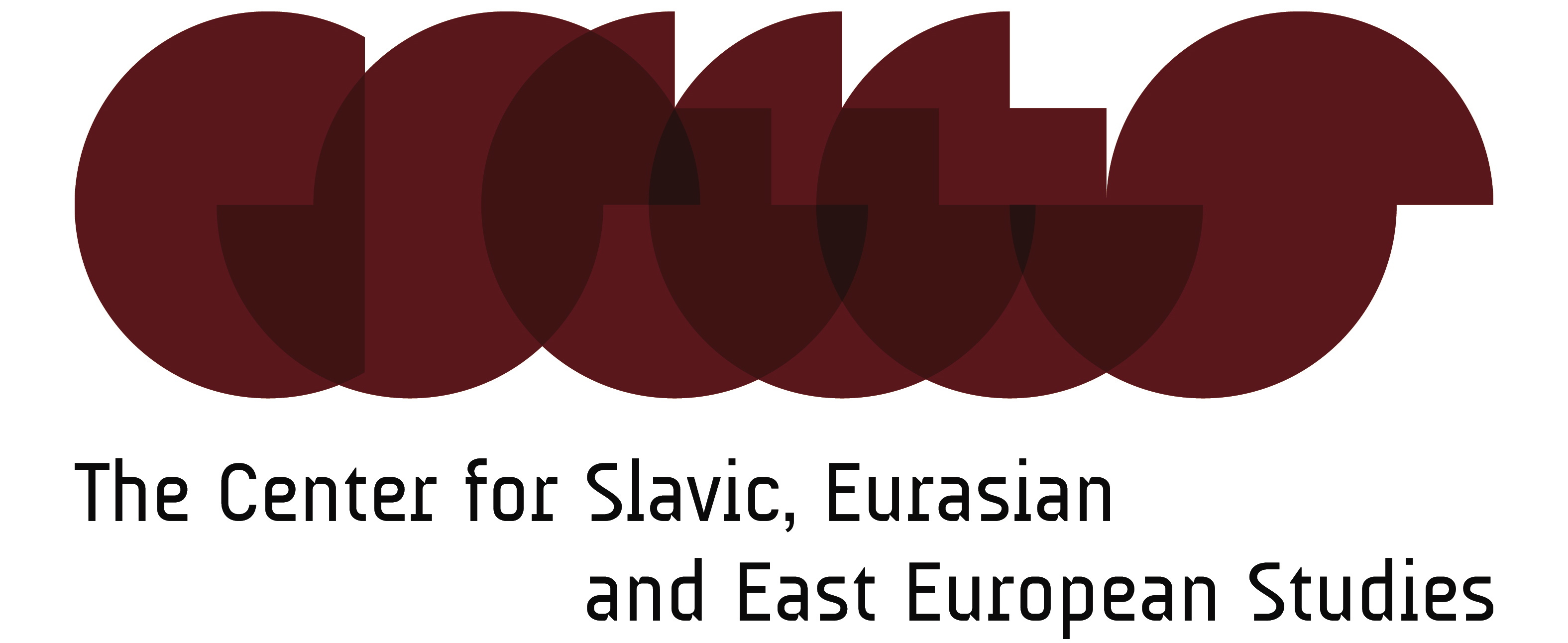Kristina Juergensmeyer ’18
Q: Where did you study as an undergraduate? What was your major(s)?
Where did you study as an undergraduate? What was your major(s)?
I attended Emory University in Atlanta Georgia. I graduated with a bachelor’s degree in linguistics, with a specialization in sociolinguistics. During my junior and senior year at Emory I completed an honors thesis in linguistics analyzing the language and teaching methodology of American legal mediation. I also minored in anthropology.
Q: What do you like about the UNC graduate program in Russian and East European Studies?
My favorite feature of UNC master’s program is the flexibility of choosing courses and the huge variety of subjects that can be taken within the concentration or that correspond with the concentration. Coming in as a linguistics major, my primary interests focus on foreign languages and language comparison and learning. The flexible structure of the program allows me to both continue to pursue my interest in language and to explore a variety of global studies, historical, and geographical classes for the specific area of the the world that I have chosen to concentrate on.
Q: Why did you choose to specialize in this region of the globe?
I am half Polish and spent much of my childhood, and later life, in Poland and other parts of eastern and central Europe. At Emory I studied Russian and completed two research papers using corpus linguistics computer techniques to analyze the use of different parts of speech in Russian and Polish as used by individuals studying the languages. I am still very interested in these comparisons and have concentrated on learning about the historical creation of language groups and similar languages, particularly the Slavic languages.
Q: Do you have work and/or study experience in the region?
I attended a year each of elementary, middle and high school in Warsaw at an American school that was taught half in English and half in Polish. I have worked for the past two summers as an intern at the University of Warsaw Mediation Clinic and the Center for American Law studies at the university. Both of these positions involved translation, writing, reading, and programming in both Polish and English.
Q: What are your research interests?
My recent research interests focus around the usage of corpus linguistics to compare languages. This division of linguistics focuses on creating and using computer programs to compare and contrast libraries of different types of language data (e.g. spoken, various literary forms, text language, student levels or even entire language databases). Within Slavic studies I am most interested in the emigration of individuals from Poland to regions in Brazil. I am particularly interested in the version of the Polish language that has formed within these Polish-Brazilian communities. I would like to look at how these large Polish populations have influenced surrounding Brazilian communities.
Q: What would you like to do after you graduate?
After I graduate from this program, I hope to pursue a PhD in Linguistics or Slavic Studies. During and after my PhD I plan on teaching Slavic languages, Romance languages, and linguistics classes at the university level.
Q: What are your hobbies? What do you like doing in your free time?
During my free time I enjoy learning new languages. I am currently studying Portuguese. I also spend lots of time training my two young dogs and hedgehog.
Q. What is your favorite visual reminder of the region and why? (this can be a photograph you took, painting, poster, still from a movie, or any other visual piece that you would like to share)
Although I have several visual reminders of Poland and the Slavic region, the most significant to me is a form of Polish folk art typically embroidered on cloth. The style features vibrant colors, flower motifs, and often includes roosters, one of Poland’s traditional symbols. These designs originated with another traditional folk art style called “wyczinanka,” whereby pieces of colored paper are cut into shapes and pasted together into beautiful decorations.

